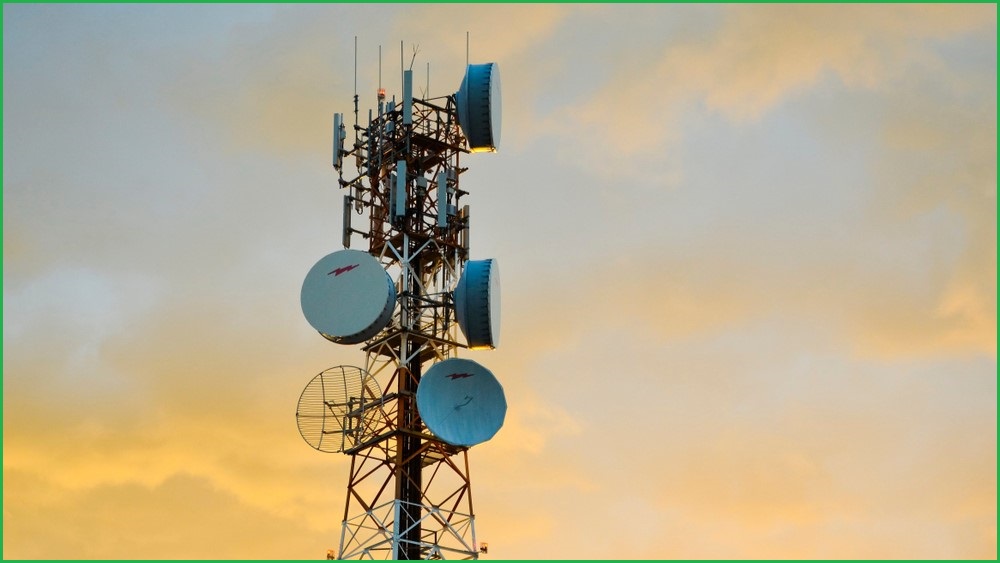The federal government is weighing mutual assistance arrangements that would force Optus, Telstra, and TPG to share mobile networks during outages, echoing US policies which have kept citizens connected during recent bushfires and hurricanes.
Mutual assistance arrangements “can play an important role in strengthening the resilience of telecommunications infrastructure”, the government noted in its October response to last year’s Optus Network Outage report, which was tabled on Thursday.
Mobile network operators “have agreed to developing” a temporary disaster roaming (TDR) capability that would shunt customers of one carrier to an alternative network when the first carrier’s network is interrupted by technical faults or natural disasters, the government said.
The response noted the recommendations of the Senate Environment and Communications References Committee report — which investigated the November 2023 Optus outage affecting 10 million people — mirrored the earlier Bean Review.
That review’s 18 recommendations “address structural issues within the telecommunications ecosystem” and have already triggered work to improve Triple Zero services, but the new response adds to the work plan by prioritising mutual assistance.
The Bean Review also recommended emergency mobile roaming, whose benefits Minister for Communications Michelle Rowland flagged in 2023 while committing the government to work with industry to implement temporary emergency roaming.
Telcos responded by raising concerns about the “technical, administrative, and financial constraints” of large-scale roaming during a nationwide carrier network, but the government’s latest response suggests the industry’s stance is softening.
A lifeline in natural disasters
The government’s work to get telcos to the table on TDR reflects the success of such arrangements in other countries — particularly in the US, where the Federal Communications Commission (FCC) mandates a TDR response and tracks service availability during natural disasters.
Where TDR was previously voluntary, in June 2022 the FCC’s Wireless Network Resiliency Cooperative Framework mandated mutual aid arrangements that kick in with the declaration of a Mandatory Disaster Response Initiative (MDRI).
When the FCC declares an MDRI — as happened during September’s Hurricane Helene and this year’s disastrous LA bushfires — major carriers spring into action to restore services with mobile hotspots or by diverting customers onto other networks.
SpaceX’s Starlink satellite service is also helping, with the likes of T-Mobile obtaining special permission from the FCC to deploy an “early test version” of Starlink’s Direct-to-Cellular services to support recovery efforts.
Starlink promises to be transformative in Australia as well, with both Optus and Telstra inking partnerships with the low earth orbit (LEO) satellite provider that will soon allow mobile customers to send text messages when terrestrial mobile networks are down.
Meeting customer expectations around outages
More than a year after the Optus outage, its impact continues to be felt, with the company’s position as Australia’s least trusted brand only recently replaced by Woolworths and Coles in Roy Morgan’s latest rankings.
With its responses to the Bean Review and now to the Senate report broadly acknowledging the need for change and accepting or agreeing in principle with the recommendations, the government’s test now lies in mustering the industry to action.
Universal Service Obligation (USO) changes are in play while proposed amendments to the Security of Critical Infrastructure (SOCI) Act will “clarify” that telcos are among the critical infrastructure that need special cybersecurity and resilience protections.
New rules requiring telcos to provide regular status updates during outages came into effect on 31 December, although they were little help during a recent NBN outage.
An NBN Co spokesperson told Information Age the outage didn’t meet the threshold for the new rules to kick in — outages must affect at least 100,000 premises to qualify — but noted that by April the Australian Communications and Media Authority (ACMA) will introduce new rules for “more localised, smaller outages”.
“The Australian government recognises the need for mandatory frameworks that set clear expectations for the telecommunications industry,” said the new response, which noted the government was “working with industry to implement these changes as a priority”.










